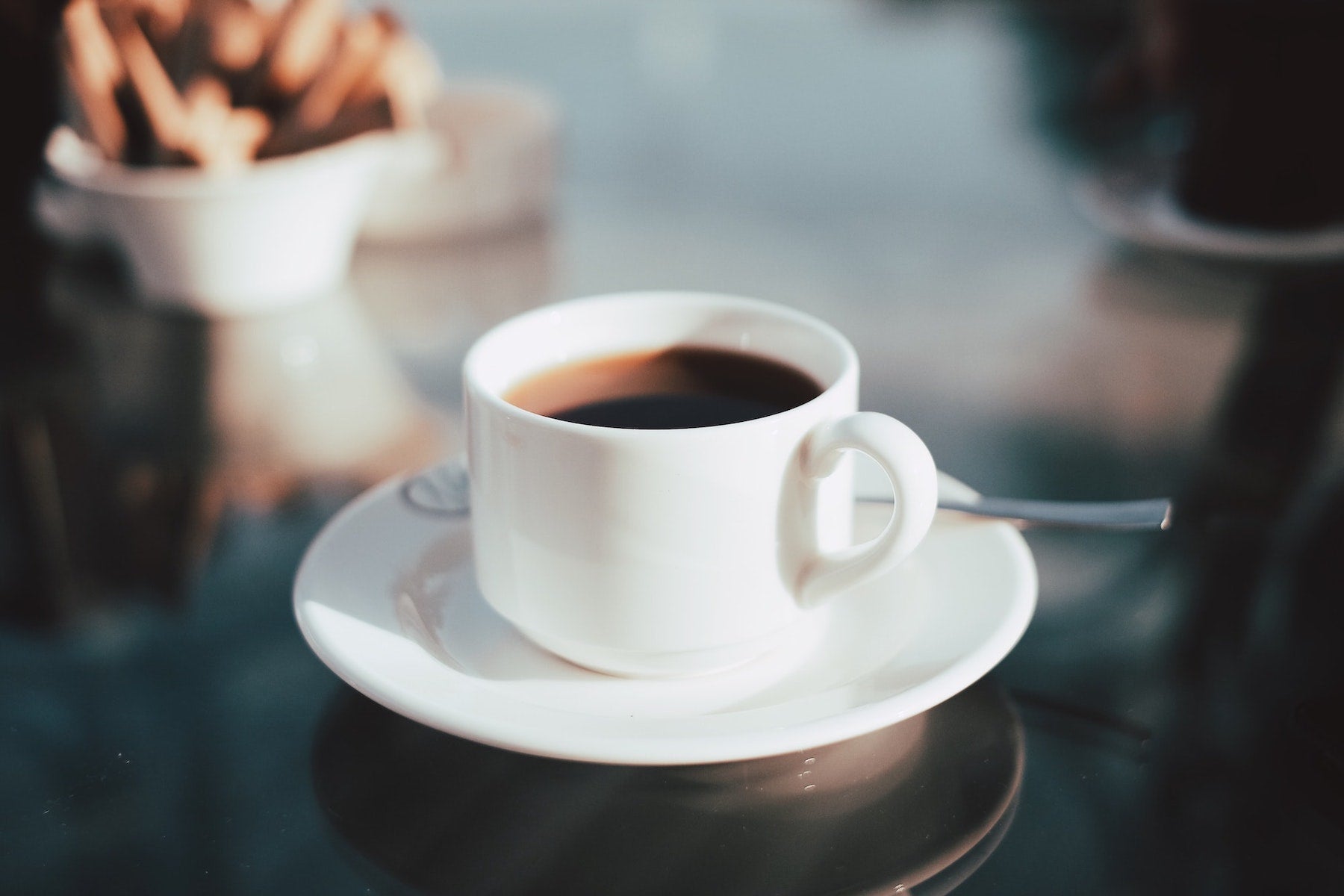Tea vs. Coffee

Like most people, you probably have a preferred morning beverage. For some, it's tea, and for others, coffee.
But what's the difference between these two drinks? Besides the apparent caffeine content, there are many other differences between tea and coffee.
This blog post will explore each drink's different origins, brewing methods, and health benefits. By the end, you should better understand which beverage is right for you.
The difference in taste
Regarding taste, there are a few critical differences between tea and coffee. For starters, coffee is generally much more robust in flavor than tea. It is because coffee beans are roasted, which brings out their natural bitterness.
Tea, on the other hand, is much more subtle in taste. It is because the leaves are not roasted but are allowed to oxidize. This process gives the tea its characteristic grassy or floral flavor.
In addition to these general differences, a wide variety of tea and coffee is available, each with its unique taste. Thousands of different types of tea are grown in other regions and processed differently. Coffee also varies widely in taste, depending on the bean variety and how it is roasted.
So when it comes down to it, the difference in taste between tea and coffee comes down to personal preference. Some people prefer the strong flavor of coffee, while others find it bitter and the more subtle flavor of the tea. Ultimately, it's up to you to select the beverage of your choice!
The difference in caffeine content
When it comes to caffeine, there is a big difference between tea and coffee. Coffee typically has more caffeine than tea. It is because coffee beans have more caffeine than tea leaves.
However, the amount of caffeine in tea vs. coffee can vary depending on a few things. For example, how the coffee is brewed (e.g., French press vs. drip) and the type of bean used can affect the caffeine content. In general, though, coffee has more caffeine than tea.
Coffee is your best bet if you're looking for a caffeinated beverage. But if you're sensitive to caffeine or want a lower-caffeine option, then the tea is a good choice.
The difference in health benefits
When it comes to your health, there are a few critical differences between tea and coffee that you should be aware of. For one, coffee has more caffeine than tea, leading to increased anxiety and heart rate.
Coffee also tends to be more acidic than tea, which can upset your stomach. Finally, coffee beans are typically roasted, creating harmful compounds that can damage your cells.
So, what are the health benefits of tea over coffee? Tea contains antioxidants and polyphenols that can boost your immune system and help fight disease.
Tea also has been shown to improve brain function and protect against cognitive decline. And since it's less acidic than coffee, drinking tea is easier on your stomach and can help with digestive issues.
Which one is better for you?
There are many different types of tea and coffee, each with its unique flavor and caffeine content. So, which one is better for you? It depends on your personal preferences and needs.
Coffee is the way to go if you want an energizing boost. It has more caffeine than tea, so it'll give you a jolt of energy to help you get through the day. However, tea is an excellent option if you're sensitive to caffeine or want a gentler pick-me-up.
Many herbal teas, like chamomile or ginger tea, can offer health benefits. It's up to you to decide which drink is right for you. Why try both if you need more clarification and see what you prefer?
Conclusion
So, what's the difference between tea and coffee? Both beverages contain caffeine, but coffee has a higher concentration. Tea also contains antioxidants, which can offer health benefits.
As far as taste goes, it depends on personal preference. Some people find coffee too bitter, while others enjoy its rich flavor. Which beverage is best for you ultimately depends on you.
